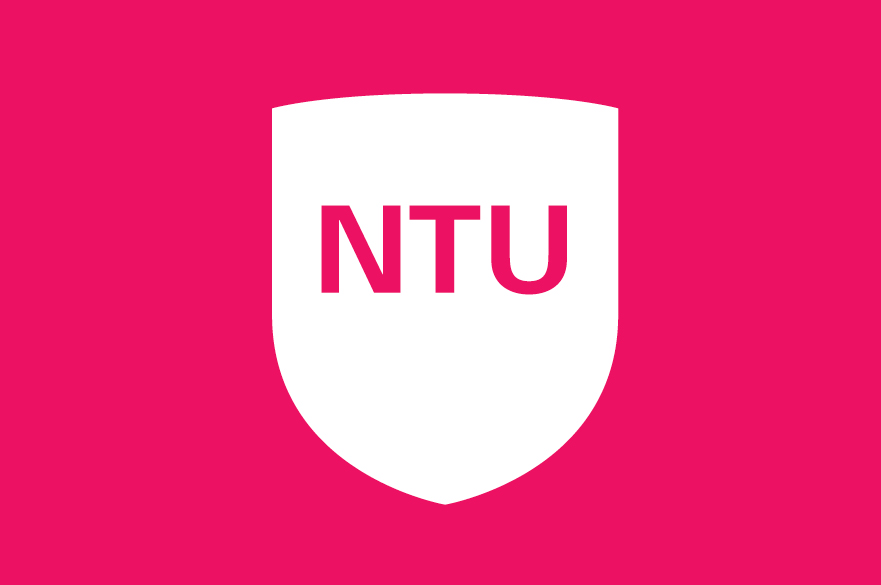Overview
The use and ownership of self-tracking technology are at an all-time high (Statista, 2021). Self-trackers (e.g. Fitbits) are smart devices promoted as healthy living devices that can ‘boost your mind and wellbeing’ (Fitbit.com, 2023). The prominent benefits of these interactive devices include increased physical activity, self-motivation, and performance awareness (e.g., Feng et al., 2021; Lupton, 2019). Scholarly research, albeit technical and managerially-oriented, has commended self-tracking technology for its potential to support lifestyle behaviour change (e.g. supporting weight loss- Jakicic et al., 2016). However, it has been suggested that the impact of self-tracking is not entirely positive with reports of obsession, anxiety and eating disorders associated with their use starting to emerge (e.g. Toner 2018, Berry et al., 2021; BBC. 2024). This is particularly concerning given the intimate and intelligent nature these devices allowing them to autonomously interact with the user, and the hidden vulnerabilities of some users, which may lead to unintended harms (Polonsky et al., 2024). Despite these concerns, academic research on the adverse effects of self-tracking remains limited.
The aim of this PhD project is to explore the intricacies and outcomes of the self-tracking experience(s) of vulnerable adults, defined as those entering the usage experience ‘with some type of disadvantage’ (Rosenbaum et al., 2017, 310). This disadvantage could be related, or stimulated by personal characteristics (e.g., mental illness), context (e.g., technology discrimination), or social factors (e.g., social ideals) (Rosenbaum et al., 2017).
Given the exploratory nature of the PhD, we would like to see proposals adopting a qualitative methodological approach that combines traditional semi-structured interviews (Silverman, 2004) with screencast videography —a cutting-edge visual research methodology for exploring digital experiences through screen casting (Kawaf, 2019; 2024). Capturing user experiences and interactions with this technology will give unprecedented insights into the practices of users, their experiences with self-tracking, and how device-generated cues and illustrations are received and negotiated individually, and within a social context.
The intended theoretical contribution of this study is to broaden the understanding of self-tracking experiences, moving beyond the managerial lens to focus on user safeguarding, highlighting the potential harms associated with these widely adopted devices. By doing so, the research will call attention to the unforeseen, and/or unintended negative impacts of self-tracking technology and advocate for further investigation into safeguarding vulnerable users.
Nottingham Business School is triple crown accredited with EQUIS, AACSB and AMBA – the highest international benchmarks for business education. It has also been ranked by the Financial Times for its Executive Education programmes in 2023 and 2024. NBS is one of only 47 global business schools recognised as a PRME Champion, and held up as an exemplar by the United Nations of Principles of Responsible Management Education (PRME).
Its purpose is to provide research and education that combines academic excellence with positive impact on people, business and society. As a world leader in experiential learning and personalisation, joining NBS as a researcher is an opportunity to achieve your potential.
Applications for October 2025 intake closes on 1st July 2025 and applications for Jan 2026 intake closes on 1st October 2025.
Staff profiles
Entry qualifications
Must have a 2.1 BSc in Business, Marketing, Sociology or related fields, and excellent spoken and written English.
UK: Successful applicants for the PhD in Nottingham Business School normally hold a first or upper second-class honours degree from a UK university or an equivalent qualification. Candidates with a lower second-class degree may apply if they hold a Master’s degree at Merit level or higher.
International: Successful applicants for the PhD in Nottingham Business School normally hold a first or upper second-class honours degree from a UK university or an equivalent qualification.
International students will also need to meet the English language requirements - IELTS 6.5 (with minimum sub-scores of 6.0). Applicants who have taken a higher degree at a UK university are normally exempt from the English language requirements. Applicants who do not meet the English language proficiency requirement will normally be asked to complete an English Language course.
How to apply
Applications for October 2025 intake closes on 1st July 2025 and applications for Jan 2026 intake closes on 1st October 2025.
Please visit our how to apply page for a step-by-step guide and make an application.
Fees and funding
This is a self-funded PhD project for UK and International applicants.
Guidance and support
For more information about the NBS PhD Programme, including entry requirements and application process, please visit: https://www.ntu.ac.uk/course/nottingham-business-school/res/this-year/research-degrees-in-business
Nottingham Business School is triple crown accredited with EQUIS, AACSB and AMBA – the highest international benchmarks for business education. It has also been ranked by the Financial Times for its Executive Education programmes in 2023 and 2024. NBS is one of only 47 global business schools recognised as a PRME Champion, and held up as an exemplar by the United Nations of Principles of Responsible Management Education (PRME).
Its purpose is to provide research and education that combines academic excellence with positive impact on people, business and society. As a world leader in experiential learning and personalisation, joining NBS as a researcher is an opportunity to achieve your potential.
